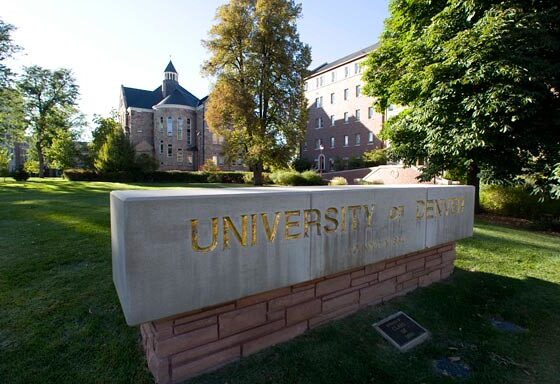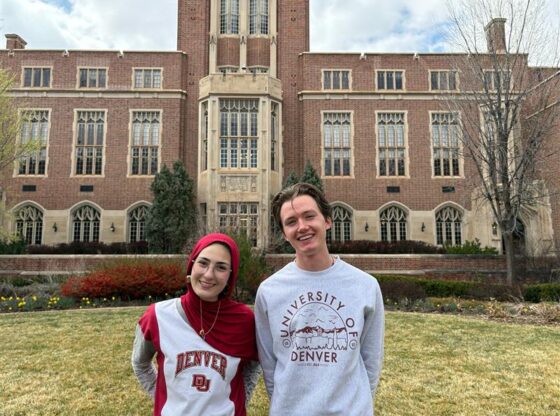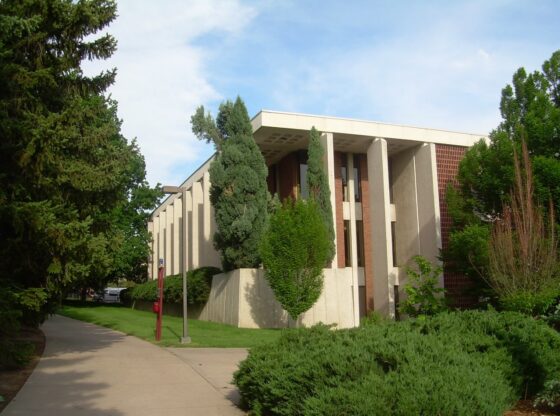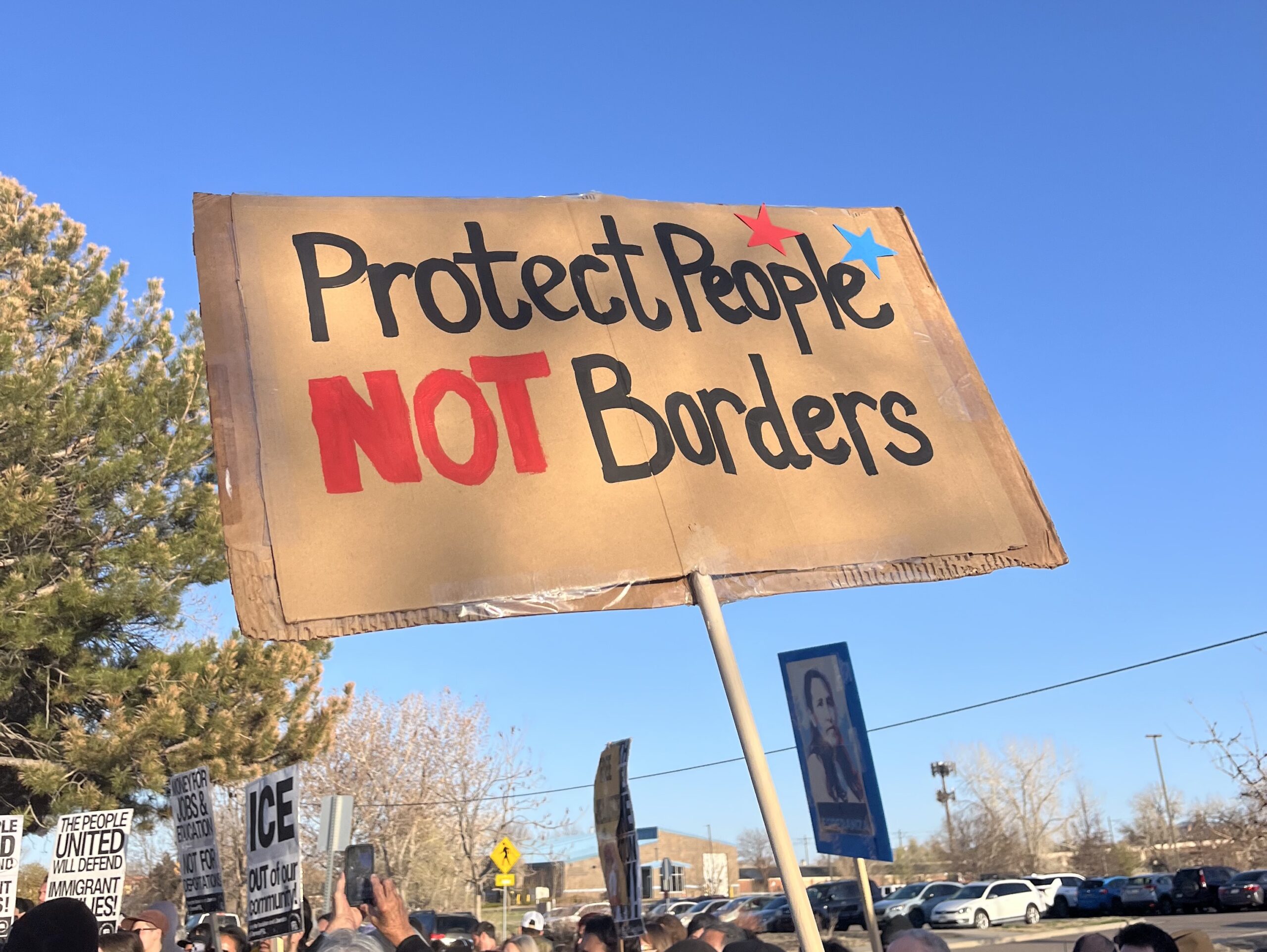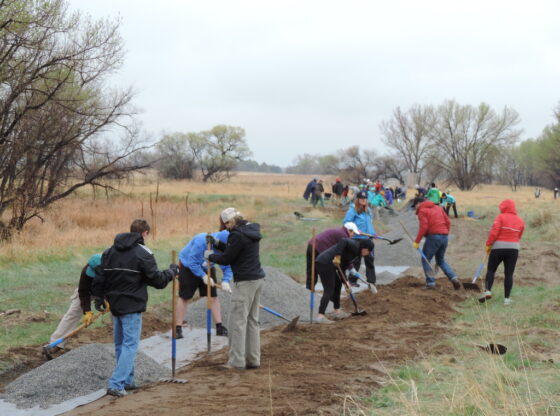Illegal bondage of people brought to America is a growing problem, according to an expert on modern slavery.
Ron Soodalter, co-author of “The Slave Next Door: Human Trafficking and Slavery in America Today,” said slavery has evolved into a new dimension where people are brought over to the U.S. and forced to work either domestically, agriculturally or sexually at a speech last Tuesday at the Josef Korbel School of International Studies.
“Slavery in America today has evolved into a whole new beast that lives in the darkness among us,” said Soodalter at the event, which was part of Human Trafficking Awareness Week, April 2-6.
Approximately 45 students, staff and community members attended Soodalter’s lecture. The Human Trafficking Clinic, located in Korbel, which was created in 2008 by professors and students as a means to raise awareness and influence policy with regard to modern slavery, sponsored the event.
Soodalter said there are an estimated 12 million to 27 million modern slaves around the world today.
The approximation differs so much because “it’s hard to count what is hidden,” Soodalter said.
Soodalter also said 17,000 slaves immigrate to the U.S. every year, many by airplane, from an estimated 35 countries.
“The old slave ship has been replaced with the 747,” said Soodalter. “Coincidentally, there are 17,000 homicides every year. However, 70 percent of murders are solved, and only one percent of human trafficking criminals are prosecuted.”
According to Soodalter, the reason so few are prosecuted is that modern slavery can be hard to recognize.
“If you don’t see them, you are in good company,” said Soodalter. “Neither do our police and government officials.”
Soodalter said modern slavery falls into three categories: agricultural, domestic and sexual. He said slavery occurs in all 50 states and can be commonly found in factories, private homes, construction sites, farms, truck stops, massage parlors, hotels and simply out on the street. Slaves are both U.S. citizens and foreigners.
“Today we have equal opportunity slavery,” said Soodalter. “Slaves are not from one country or are of one ethnicity.”
One-third of slaves freed today are due to government interference, one-third are able to escape bondage because they run away on their own and one-third are freed because of “good samaritans and concerned citizens,” said Soodalter.
Soodalter called for the general public to educate themselves to the signs of a situation in which human trafficking might be involved. If the individual in question is unable to leave their work, works excessively long hours or is in poor health and seems frightened and nervous, they could be victims of slavery.
Soodalter suggested anyone who suspects human trafficking should call the National Human Trafficking Resource Center at 1-888-373-7888.
“[Human trafficking] is clearly within our power to address and resolve,” said Soodalter.




